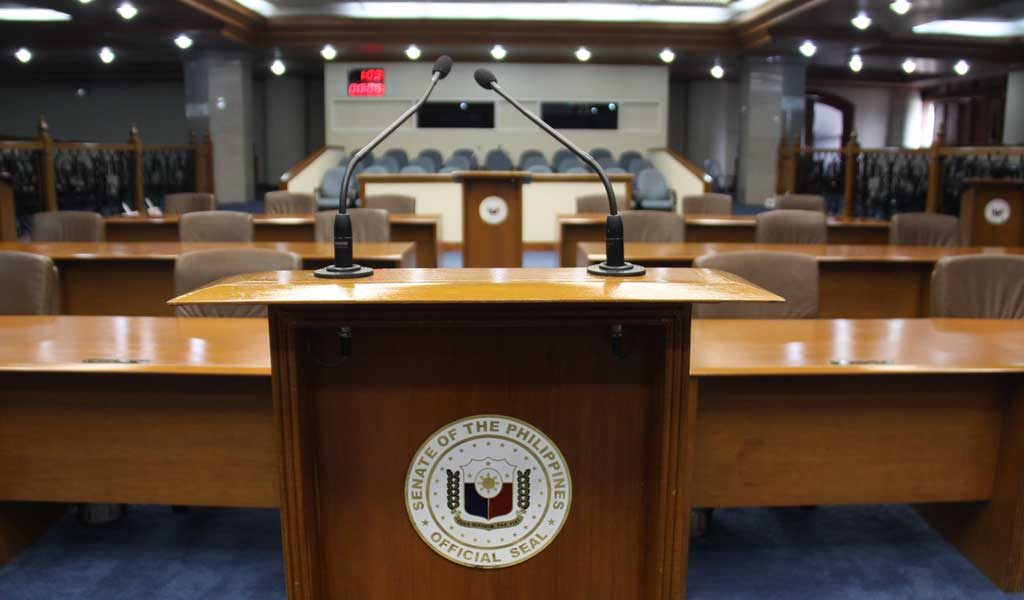Right-of-way, nuclear regulatory body and anti-POGO measures hurdle Senate

THE PHILIPPINE Senate on Monday approved on third and final reading measures that will hasten infrastructure projects, create a nuclear energy regulatory body, and ban all remnants of Philippine offshore gaming operators (POGOs).
With 23 affirmative votes, senators approved Senate Bill No. 2821, the Accelerated and Reformed Right-Of-Way (Arrow) Act, which will facilitate easier acquisition of right-of-way sites for private infrastructure projects designed for public use.
The measure was identified as among the priorities identified by the Legislative-Executive Development Advisory Council for the 19th Congress.
The bill seeks to amend Republic Act No. 10752, the Right-of-Way Act, to enable the government to private entities to acquire right-of-way.
Earlier, President Ferdinand R. Marcos, Jr. said that right-of-way issues have continued to hinder his administration’s flagship infrastructure projects.
The legislative body also approved on final reading Senate Bill No. 2498, the proposed Philippine National Nuclear Energy Safety Act, with 22 affirmative votes and one negative vote.
The measure seeks to create an independent nuclear energy regulatory body that will control all sources of ionizing radiation, including nuclear and radioactive materials and radiation devices.
Further, with 23 affirmative votes, the Senate approved Senate Bill 2868, the Anti-POGO Act, which will ban all POGOs in the country.
The measure will ensure that all POGO remnants are removed by mandating the forfeiture of all POGO-related properties and equipment to prevent their reuse in illegal operations.
In his third State of the Nation Address, President Marcos announced a total ban on all POGO activities and called for its shutdown by the end of 2024.
Meanwhile, the House quad committee has filed five bills after it concluded its investigation into human rights violations and transnational crimes linked to POGOs.
In a statement on Monday, Party-list Rep. Joseph Stephen S. Paduano, a co-chair of the committee, said the hearing’s findings showed not just administrative failure but deep-rooted vulnerability to foreign criminal syndicates.
The quad comm has drafted House Bill No. 10986, which seeks to classify extrajudicial killing as a heinous crime and provides reparations to the families of victims.
It also sought to prohibit all forms of offshore gaming operations in the Philippines, through House Bill No. 10987, while House Bill No. 10998 proposes penalties on conspiracy and proposal to commit espionage
House Bills No. 11043 and 11117, provides for the civil forfeiture of real estate unlawfully acquired by foreign nationals and empowers the state to cancel fraudulently obtained birth certificates, respectively.
According to Mr. Paduano, the committee had revealed that Chinese nationals were using a birth certificate fraud scheme to operate business and acquire land in the country.
“These unscrupulous individuals would deliberately resort to illegal means… to lend a semblance of legitimacy to their unlawful intentions,” he added.
He added that some POGO operators also served as police officers, which raises concerns on their motives and connections.
“It is plausible that these criminal syndicates are operating in collusion with certain members of the Chinese Communist Party,” Mr. Paduano added. — Adrian H. Halili



